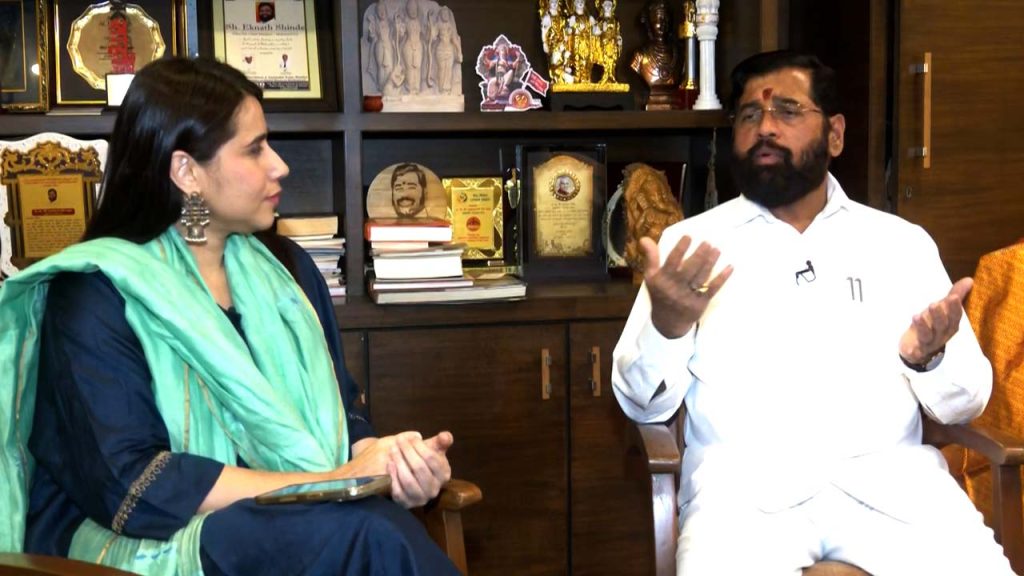‘I’m Not Just Spouting Shit’: iPod Creator, Nest Founder Fadell Slams Sam Altman
iPod creator and Nest founder Tony Fadell criticized OpenAI CEO Sam Altman and warned of AI dangers during TechCrunch Disrupt 2024 in San Francisco this week. "I've been doing AI for 15 years, people, I'm not just spouting shit. I'm not Sam Altman, okay?" Fadell said, drawing gasps from the audience.
Fadell, whose Nest thermostat used AI in 2011, called for more specialized and transparent AI systems instead of general-purpose large language models. He cited a University of Michigan study showing AI hallucinations in 90% of ChatGPT-generated patient reports, warning such errors could prove fatal. "Right now we're all adopting this thing and we don't know what problems it causes," Fadell said, urging government regulation of AI transparency. "Those could kill people. We are using this stuff and we don't even know how it works."
Read more of this story at Slashdot.








